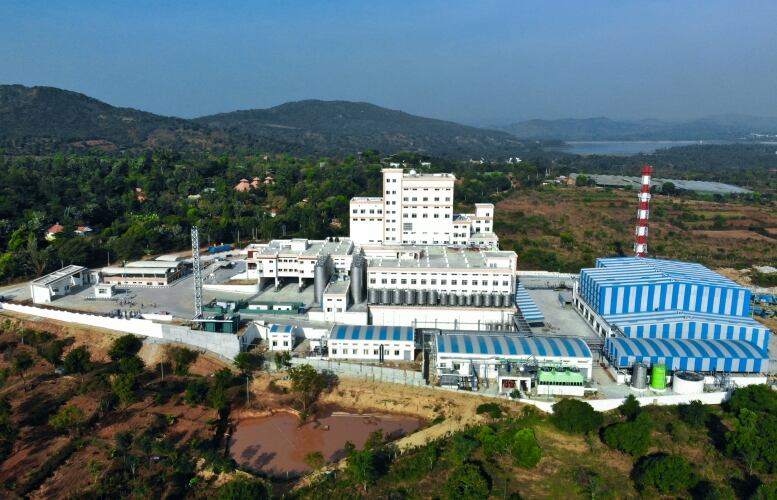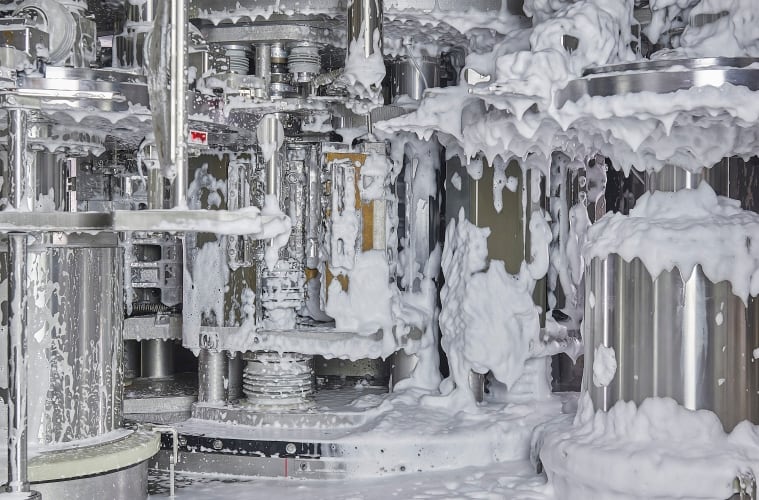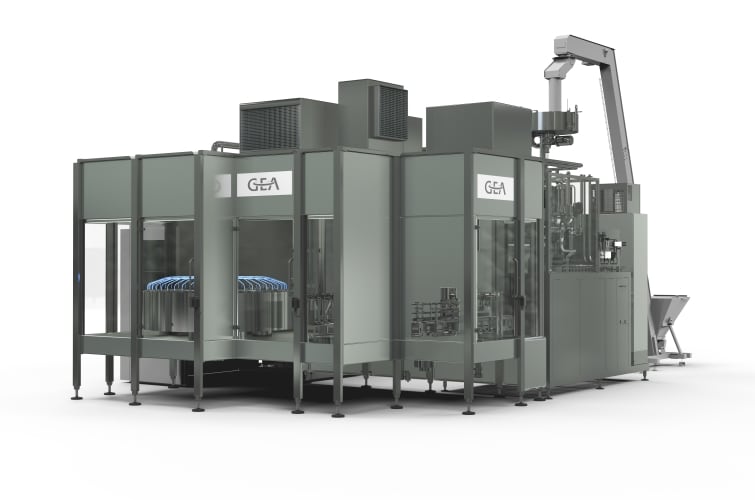During this time, the Karnataka Milk Federation (KMF), which sells its products under the brand Nandini and is the second largest milk co-operative in India, was faced with a surplus of thousands of liters of fresh milk. Without further processing all this milk would be lost.
The challenge was overcome as a result of the collaboration between GEA and KMF’s on-site team as well as the support of KMF’s chairman who, working together, were able to save the milk by processing it into milk powder through GEA’s Remote Service.
The solution required aligned and coordinated efforts between all those involved, GEA said. Under normal circumstances, KMF’s new Nandini Hi-Tech Mega Powder Plant in Ramanagara, Karnataka, which GEA supplied with complete turnkey solutions for processing liquid milk, milk powder and ghee, could have processed the skimmed milk further.
Unfortunately, as the lockdown came into force, the plant was in the middle of commissioning and not yet fully operational. GEA had already conducted trials earlier in March that resulted in a partially completed product, and so KMF asked for GEA’s support in running the dairy plant so the milk supply could be rescued.
During the lockdown, six GEA India engineers were stranded at a guesthouse. From there, they offered support to the KMF staff. Another GEA team, made up of process and automation engineers located in Vadodara, developed a plan drawing on their experience, which would allow the plant to be run remotely from their home-based workstations. The job was made more difficult by extreme circumstances such as poor internet connectivity, unreliable utilities and the fact that spare parts were not available at the plant.
However, GEA said, the teams were able to run the production successfully. They converted 90,000 liters of skimmed milk into milk powder on the first attempt, followed by 200,000 liters of milk in the following few days.



